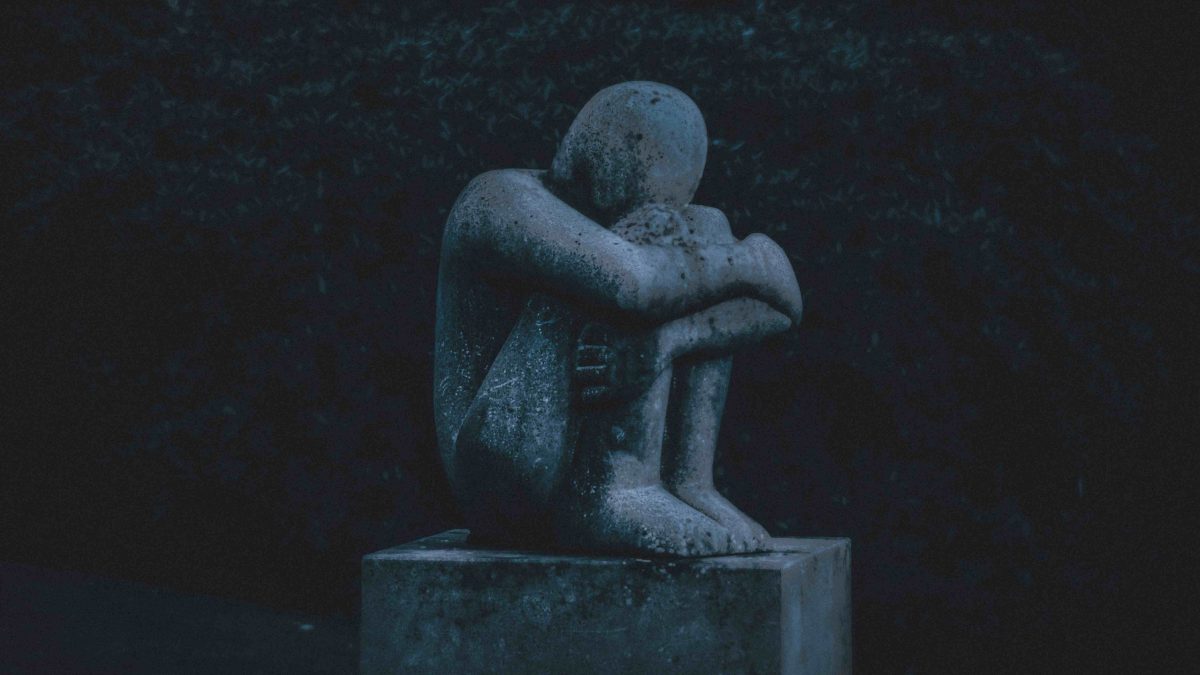
Leaning Into Your Values
July 2, 2024
Cultivating Self Kindness & Growth
July 17, 2024What is Guilt?
Guilt often serves as an indication that we have stepped away from our values, beliefs, or meaning system. This can be helpful to move us toward repair and reconciliation with other humans and to act in aligned ways in the future. However, it can also be unhelpful when we feel bad after doing something that doesn’t need to be corrected or apologized for.
Noticing Helpful and Unhelpful Guilt
Guilt comes in many forms and is experienced for different reasons by different people. One way to understand your it and how to work with it is to identify whether it is the helpful or unhelpful kind.
Helpful:
- Feeling guilt when we have overstepped our values or beliefs (i.e., cheating on a test when you value honesty).
- Moves us toward repair and reconciliation with other humans and motivates us to act in aligned ways in the future.
Unhelpful:
- Feeling guilt after doing something that doesn’t necessarily require an apology or repair (i.e. setting a healthy boundary with a friend).
- Can lead us to take responsibility/blame ourselves for things outside of our control, get stuck in the feeling, or sacrifice our own needs because we feel that we “owe” someone.
What to do with Guilt
Acknowledge the tension
Guilt is uncomfortable and not something that we like to acknowledge. When experiencing this emotion, many people will feel tension in their stomach, neck, or chest. Take a moment to notice where these feelings shows up for you and maybe bring a hand to that area to support yourself.
Sit with the emotions
Acknowledging that you feel guilty may bring up other emotions like anger, frustration, or regret. As these emotions move through your body, it may be helpful to write them down or journal.
Is this unhelpful or helpful?
To work through helpful guilt, it can be useful to be accountable/take responsibility, repair if appropriate, foster connection, and seek forgiveness from yourself or others.
When experiencing unhelpful guilt, it can be helpful to get curious about/challenge the belief or assumption that this emotion is telling you that you have violated. These belief systems are often taught to us by caregivers, various institutions, and cultures.
Affirm and Take Care
The most important thing to do with any form of guilt is to take care of yourself and be self-compassionate. Remember that you are just experiencing these feelings, and this does not make you a bad person. Be kind and be gentle with yourself as you take care of your own needs.
Additional Resources
If you are looking to connect further or receive support, please reach out. Get in touch with us at 250-718-9291 or email us at [email protected].
If you are interested in specialized services, our team is here to help you explore your mental health through our counselling services. You can also refer to our General Counselling Services, our Types of Therapy or visit our booking page here
- Helpful & Unhelpful Guilt, and Shame Infographic: https://www.nicabm.com/guilt-vs-shame/
- Understanding Shame video: https://www.youtube.com/watch?v=7KepQX1tBvI

Written by: Emma Fletcher, Practicum Student
To book: Click Here!





